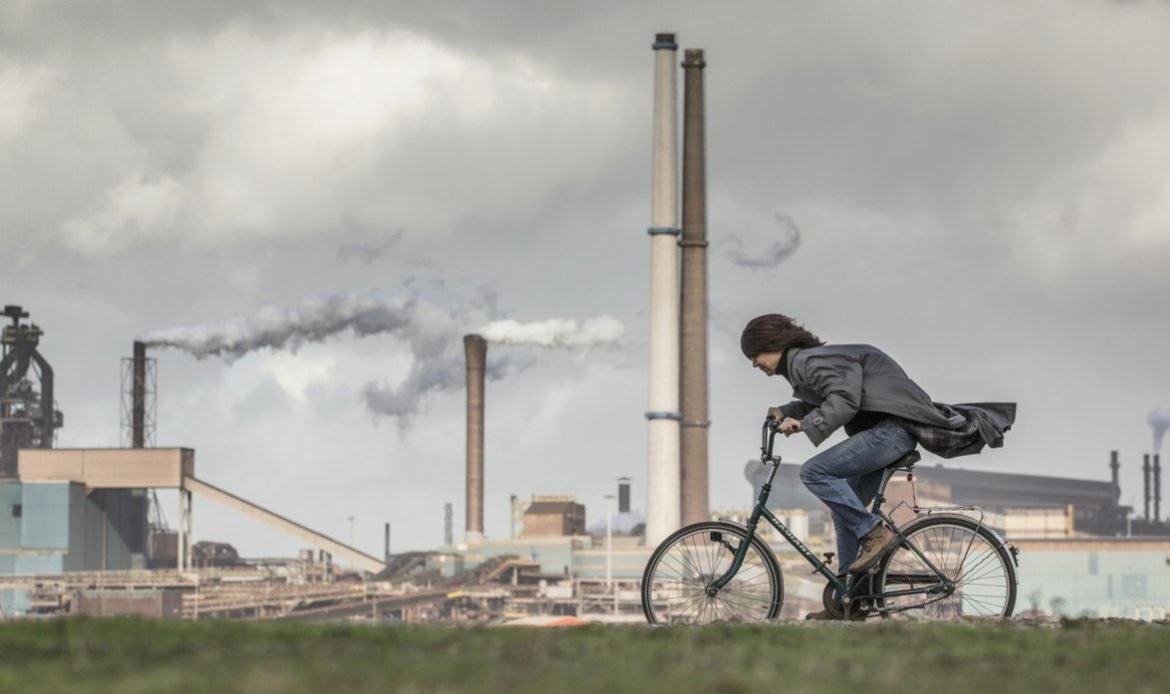December 17, 2022
ICE has warned that the TFF trading platform may have to be relocated if a gas price cap is imposed
A major natural gas trading platform may have to leave the European Union if Brussels adopts a plan to cap prices, the Intercontinental Exchange (ICE), which operates the Dutch Title Transfer Facility (TTF) hub, said in a statement seen by Reuters.
On Thursday, the EU Council announced that the bloc’s energy ministers had failed to reach an agreement on a proposed gas price limit following months of negotiations. Some member states want to lower the ceiling, while others are worried that the move would further destabilise energy prices and drive up inflation, wreaking havoc on markets.
“If agreed, the market correction mechanism will be imposed on customers and the market infrastructure with no time for resilient testing and thorough risk management,” the ICE said.
Under the original plan put forward by the European Commission, the gas price cap would be triggered when prices on the TTF exchange, Europe’s gas benchmark, reach €275 ($292) per megawatt hour and are €58 higher than the LNG reference price for two weeks. The proposal was met with criticism, with some member states warning of market volatility, while others argued that the level was too high to be effective.
Earlier this month, the European Commission reportedly proposed lowering the cap to €220 and slashing the timeframe to five days, while also reducing the difference with global LNG prices to €35. However, 12 countries reportedly said the price would still be too high, and demanded a ceiling of €160 with a €20 spread.
This article was originally published by RT.
Trending
- Saudi Arabia picks Syria as the new transit state for the East-to-Mediterranean Data Corridor
- EU, UN, Russia and regional leaders condemn Israeli plan to take the West Bank and eliminate Christians
- Hariri’s Future Movement will stand in May elections
- Peace in Ukraine or the Risk of a Wider European Conflict?
- Epstein files expose his work as a foreign agent for Israel
- Israel attacked Lebanon with chemical weapons: interview with Zeina Arzouni
- Lebanon suffers Israeli chemical attacks while planning elections
- Syrian forces enter Qamishli as historic integration deal is implemented



